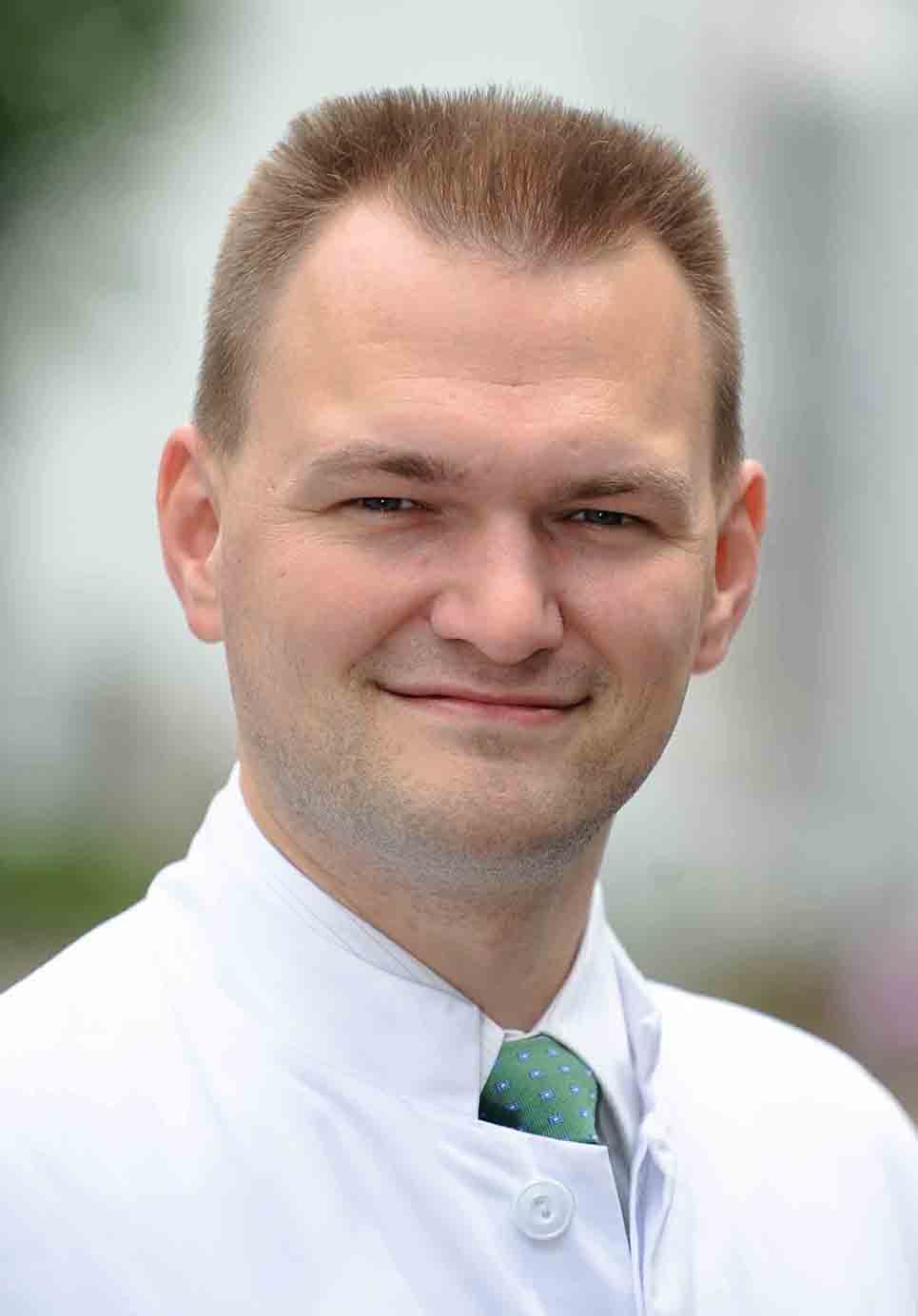Researcher Database

Prof. Dr. Johannes Schulte
Charité - Universitätsmedizin Berlin
Augustenburger Platz 1
13353 Berlin
Program
Exploitation of Oncogenic Mechanisms (EOM)
Summary
Schulte Lab – Establishing personalized treatment strategies for neuroblastoma and other embryonal tumors
Our goal is the development of targeted and personalized treatment strategies and novel therapies for patients with neuroblastoma and other childhood tumors. In this context, understanding the pathogenesis and tumor biology is the foundation of any rational therapy.
Investigating primary and relapse tumors as well as tumor model systems, we seek to identify key factors of tumor pathogenesis, tumor progression and tumor evolution. Of special interest is the role of epigenetics and non-coding RNAs in these processes. The research strategy of our interdisciplinary team includes multi-omics and wet lab approaches. Concepts identified in high-throughput analyses are validated in vitro and in vivo. To this aim, we use cell culture model systems, patient-derived tumor xenografts (PDX) in immuno-deficient mice and genetically engineered mouse models (GEMMs).
Our objective is to identify target structures of clinical and therapeutic relevance. With our research team being embedded within the Pediatrics department of the Charité University Medicine, our main goal is to initiate as well as conduct early phase clinical trials. This we seek to accomplish not only by joining academic and industry partners in the development of compounds for promising new targets, but also by simulating therapeutic intervention in mice, identifying predictive and pharmacodynamic biomarkers, suggesting effective drug combinations and analyzing potential resistance mechanisms, especially for candidate targets with available compounds.
DKTK Junior Group Leader for Cancer Systems Biology
Single-cell approaches have not only revealed a wide variety of cell states, characterized by cells exhibiting striking differences in their transcriptional profile, but have also illuminated the mechanisms underlying state transitions in health and disease. Cellular plasticity and adaptive state changes have recently emerged as a basis for therapeutic resistance in cancer, and a better understanding of how cell state transitions are regulated is critical to develop therapeutic approaches that can overcome therapy resistance.
Our research focuses on understanding the mechanisms driving non-genetic cellular heterogeneity and therapy resistance in malignancy. Using novel single-cell sequencing approaches, we seek to develop new experimental and computational strategies to define altered cell states in both, cancer and immune cells. Our aim is to leverage a data driven strategy combined with single cell genomics and systems biology to address the challenges posed by heterogeneity in cancer, and to develop new strategies to overcome it, with the aim of translating laboratory-based findings into the clinic.